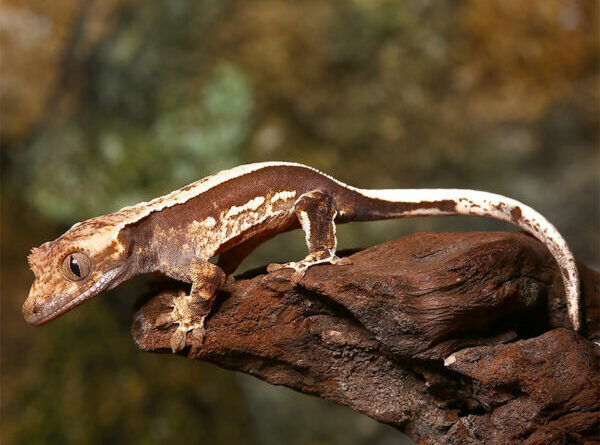Geckos for Sale: A Buyer’s Guide
Geckos for Sale: A Buyer’s Guide
Geckos, with their unique appearance and fascinating behaviors, have become increasingly popular as pets among reptile enthusiasts. These charming creatures come in a variety of species, each with distinct characteristics and care requirements. If you’re considering bringing a gecko into your home, this buyer’s guide will provide you with essential information to make an informed decision.
1. Understanding Geckos
Geckos belong to the family Gekkonidae and are known for their distinctive vocalizations, adhesive toe pads, and nocturnal behavior. They are found in various habitats around the world, from tropical rainforests to deserts. Geckos are relatively small reptiles, ranging from just a few centimeters to around 14 inches in length, depending on the species.
2. Choosing the Right Species
Before purchasing a gecko, it’s important to research different species to find one that aligns with your preferences and level of experience. Some popular gecko species kept as pets include:
- Leopard Gecko (Eublepharis macularius): These geckos are known for their striking patterns and docile nature. They are relatively easy to care for and make great pets for beginners.
- Crested Gecko (Correlophus ciliatus): Crested geckos are known for their unique appearance, including fringed crests above their eyes. They are arboreal and enjoy climbing.
- Tokay Gecko (Gekko gecko): With their vibrant blue and red markings, Tokay geckos are visually striking. However, they can be more aggressive and require experienced handling.
- African Fat-Tailed Gecko (Hemitheconyx caudicinctus): Similar in appearance to leopard geckos, African fat-tailed geckos have a plump tail and are generally calm in temperament.
- Gargoyle Gecko (Rhacodactylus auriculatus): These geckos are closely related to crested geckos and are known for their bumpy skin and unique coloration.
3. Housing and Habitat
Creating the right environment for your gecko is crucial for its well-being. Different species have varying habitat requirements, but some general guidelines include:
- Enclosure: Geckos are typically housed in glass terrariums or plastic enclosures. The size of the enclosure should provide ample space for climbing, hiding, and exploring.
- Substrate: Choose a suitable substrate based on the species. Coconut coir, reptile carpet, or paper towels are commonly used substrates that are easy to clean and maintain.
- Temperature and Humidity: Geckos are ectothermic, meaning they rely on external heat sources to regulate their body temperature. Provide a temperature gradient in the enclosure, with a warm basking spot and cooler areas. Additionally, maintain the appropriate humidity level, which varies depending on the species.
- Lighting: While many gecko species are nocturnal, providing some low-level UVB lighting can benefit their overall health.
4. Feeding and Diet
Geckos are insectivores, meaning they primarily eat insects. Their diet may include crickets, mealworms, roaches, and other appropriately sized insects. Some species, like crested geckos, may also consume fruit-based diets.
5. Handling and Care
Handling geckos requires a gentle touch and patience, especially if the gecko is not used to human interaction. Start with short handling sessions and gradually increase the duration as the gecko becomes accustomed to you. Remember that some species, like Tokay geckos, can be more aggressive, so research the specific behavior of the species you’re interested in.
6. Health Considerations
Regular health check-ups are important to ensure your gecko’s well-being. Look out for signs of illness, such as lethargy, loss of appetite, or changes in skin appearance. It’s advisable to find a veterinarian experienced in treating reptiles.
7. Finding Geckos for Sale
When looking for geckos for sale, it’s essential to purchase from reputable breeders or pet stores with a good track record. Avoid purchasing wild-caught geckos, as this can contribute to the decline of wild populations and may result in animals with health issues.
8. Legal and Ethical Considerations
Make sure to research the legal regulations regarding owning geckos in your area. Additionally, consider the ethical implications of owning exotic pets and ensure that you’re prepared to provide proper care throughout the gecko’s lifespan.
Conclusion
Geckos can make wonderful and rewarding pets for those willing to provide the necessary care and attention. By understanding the unique needs of different gecko species, creating a suitable habitat, and offering a proper diet, you can enjoy the company of these fascinating reptiles for years to come. Remember, responsible ownership is key to ensuring the health and happiness of your gecko.
